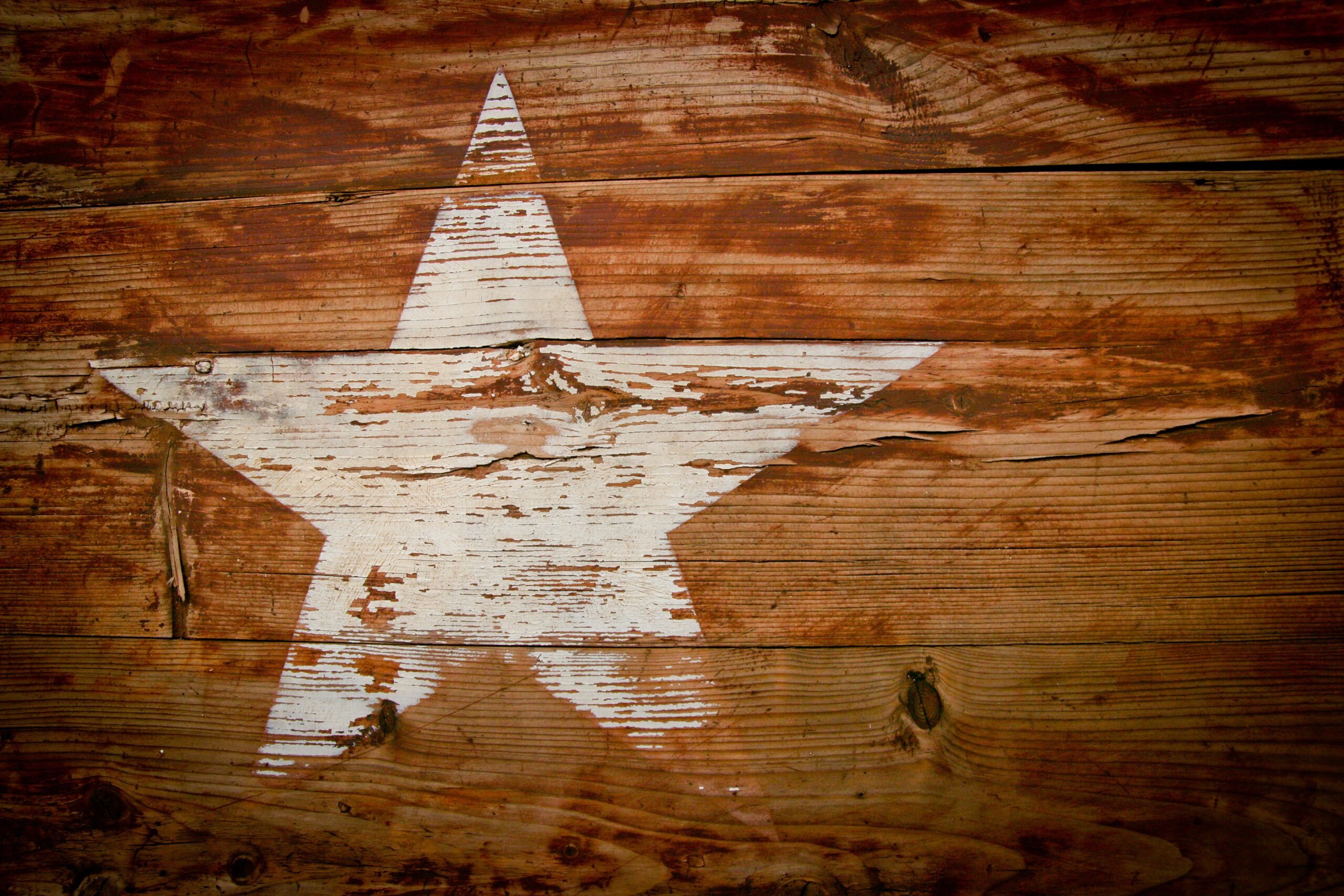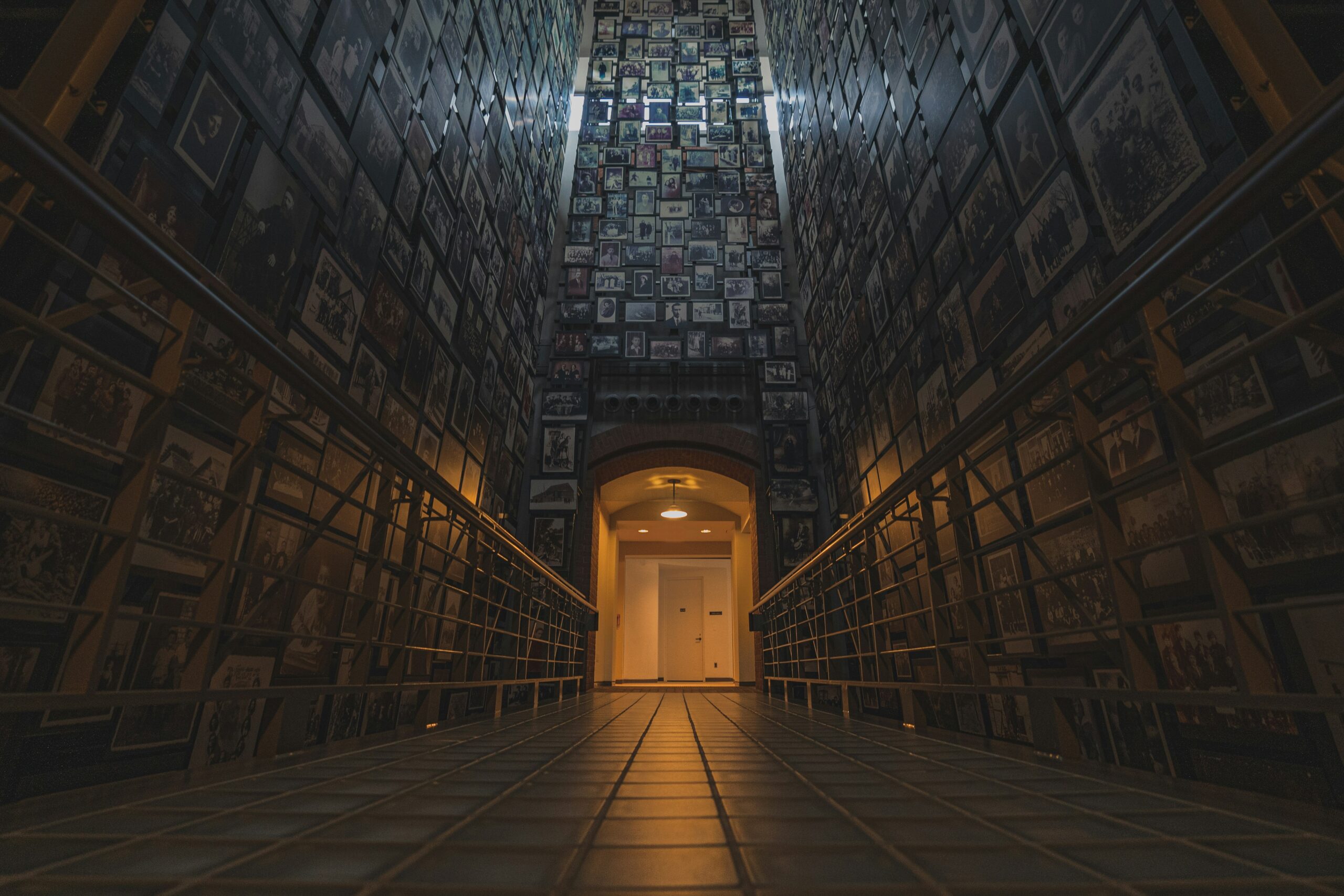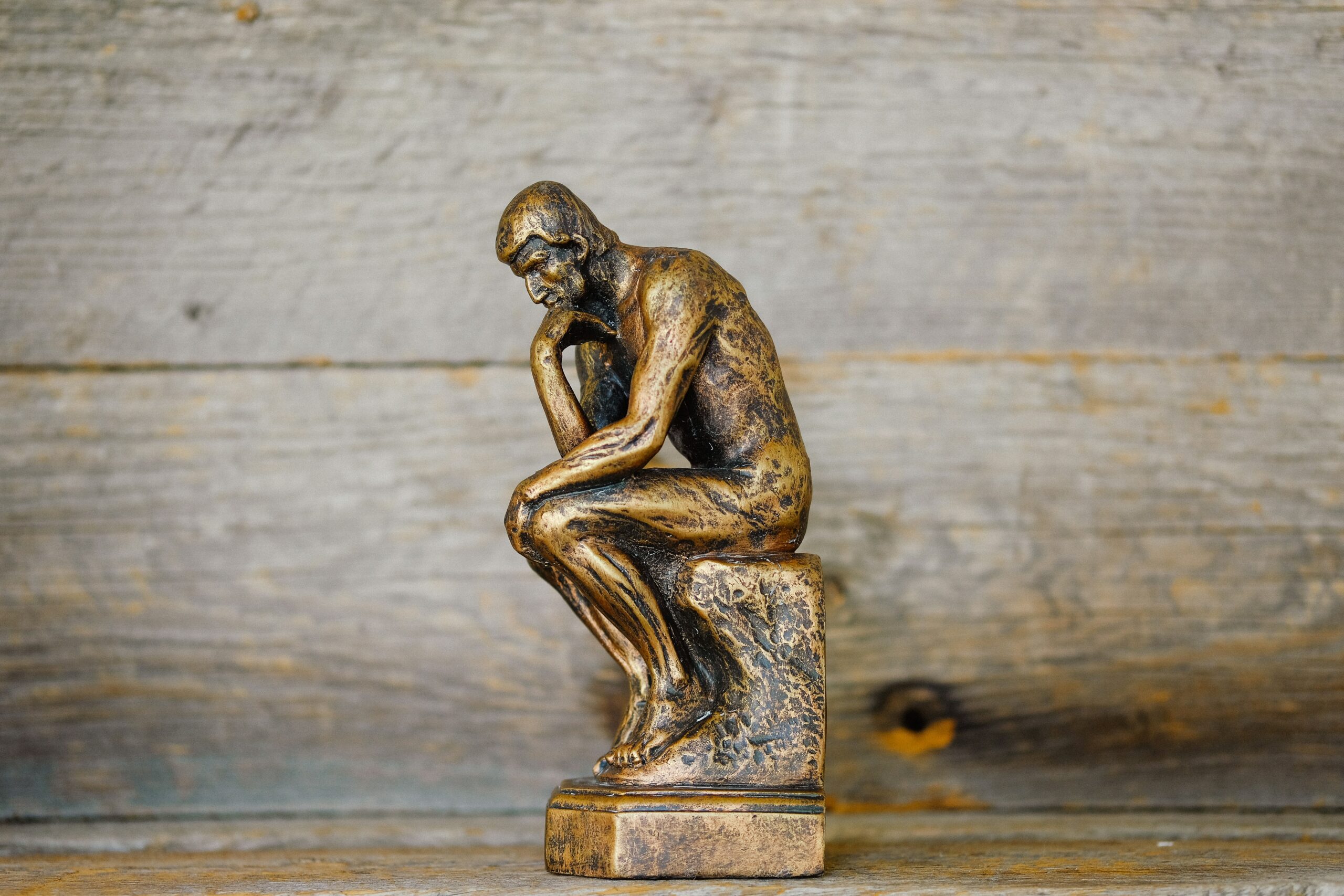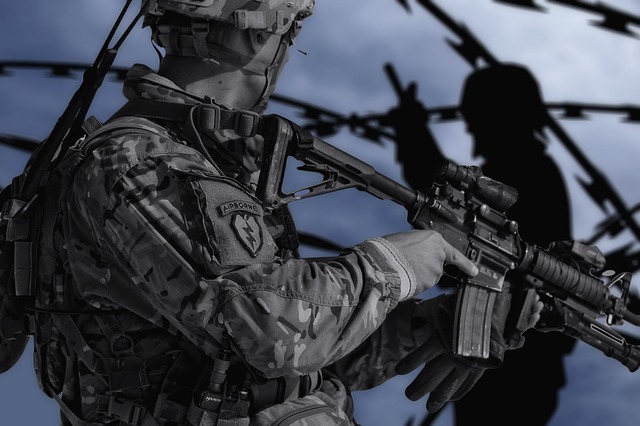An eccentric project of a little-known director with a Hollywood credit to his name, Amélie is all lightness and whimsy and enjoys basking in its own playfulness. Jean-Pierre Jeunet, who had long wanted to make the film, made sure the balance between its self-mockery and playfulness were just right, so that it pulls off its silliness without seeming arch or preemptive. It tends to humor us as we humor it, inviting us to bask in…
-
-
“I had no father, I am like no father; / I have no brother, I am like no brother; / And this word ‘love,’ which graybeards call divine, / Be resident in men like one another / And not in me—I am myself alone.” –Richard, Duke of Gloucester The Duke of Gloucester, the son of the late Richard, Duke of York, gunning for the English crown with the kind of psychopathic ruthlessness making him a…
-
One of the common but unspoken phenomena to which humans everywhere are susceptible—especially those that have bottomed out after finding that life has very few stable guideposts for the individual—is that of existential despair, which takes as many forms as there are individuals. But while the forms are many, the phenomenon itself is constant; it underlies its various manifestations. It is not strictly universal, since not everyone experiences it—rather than a common malady such as…
-
This lushly inventive and moving fable, set in Francoist Spain during World War II, tries to pull off the combining of fantasy and harsh, relentless wartime reality, and the result is entirely that of its director, Guillermo del Toro, whose international career has been pockmarked with stories of monsters and crawlers in the darkness. The film is filled with his signature costumes and a sincerity of feeling for the childhood experience of curiosity and wonder—even…
-
I Years before the onslaught of a madness that was to incapacitate him, voiding his intellect like the snapping of a high wire of isolation and brilliance, Friedrich Nietzsche wrote a book by the name of The Gay Science featuring the parable of the madman leaping into the marketplace, bearing a lantern in the morning hours. Its echoes, reverberating through the decades to come, would sound across the wasteland of the twentieth century whose cruelty…
-
“That a man can take pleasure in marching in formation to the strains of a band is enough to make me despise him.” —Albert Einstein Joseph Heller published his epochal novel sixteen years after the end of World War II, having afforded himself a humane interval during which all the horrific bloodshed, nationalism, and bloodthirsty ideologies could fructify in the dust of the greatest boneyard that had ever existed. The euphoric and irreverent heights of…
-
The director of such films as My Dinner with Andre and Au Revoir les Enfants, Louis Malle coaxes from his provocative film, Lacombe, Lucien, what was absent from the others: an enigma of a primary character that remains inscrutable and hollow until the epilogue of the last scene revealing that this character is to be executed by a tribunal of the French Resistance. This is Lucien Lacombe, who has taken to rattling off his last…
-
A cult classic that has only ripened since its release in 1998, a loony Chandler-noir featuring cannabis, White Russians, and a surfeit of bowling imagery, The Big Lebowski is an unforgettable comedy whose parts are greater than the whole (which is a whirling mishmash of action, absurdity, and subterfuge). These parts, outshining alone the film as a single impression, make up its many glorious moments, its satire and absurdity, its casual self-amusement, and its straight-faced…
-
“One day, when in the opinion of the world one has long been educated, one discovers oneself: that is where the task of the thinker begins; now the time has come to invoke his aid—not as an educator but as one who has educated himself and thus has experience.” –Friedrich Nietzsche Like many of those suffering through the dry, endless, prosaic hours of the classroom, I struggled during the years of my education to pay…
-
The meeting of Bob and Charlotte is the meeting of two people, straying, despondent, groping in the desert of an existence, and disoriented by the foreignness of a culture emphasizing that they are adrift. Tokyo as the setting of the story brings out the loneliness of Bob and Charlotte, a swirling storm distilling its center, which is both the characters and the hotel refuge above the city; accentuating their loneliness and ennui, the culture shock…






















